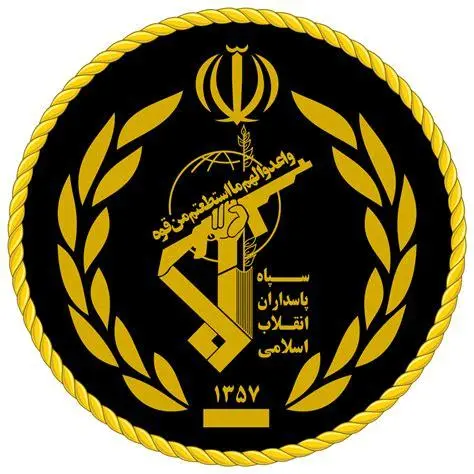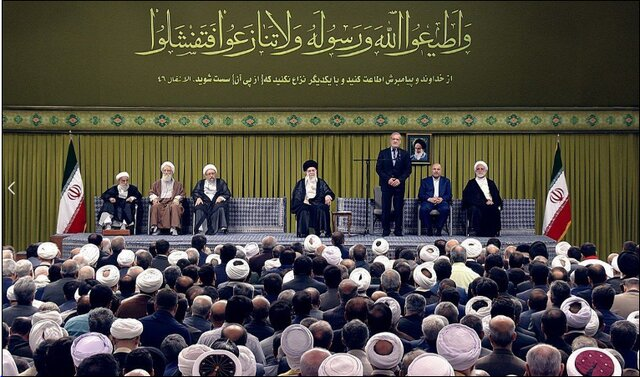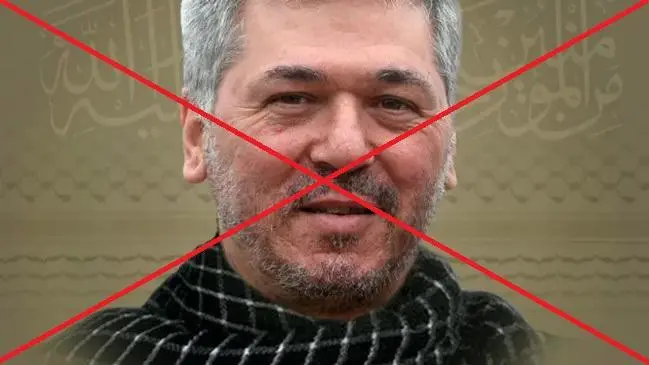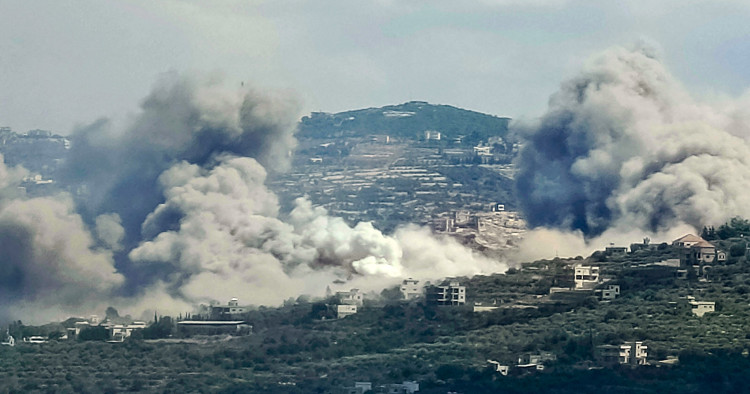The Secretive Supply Chain Sending EU Trucks to Syria

Investigation
The Syrian army is getting its hands on new-looking EU-branded trucks. An undercover investigation found evidence of a secretive supply chain routing vehicles from Europe to Syria through neighboring countries such as Jordan and Lebanon.
Syria’s civil war is one of the most devastating conflicts of the 21st century. More than half a million people have been killed and about 12 million forced to flee their homes.








